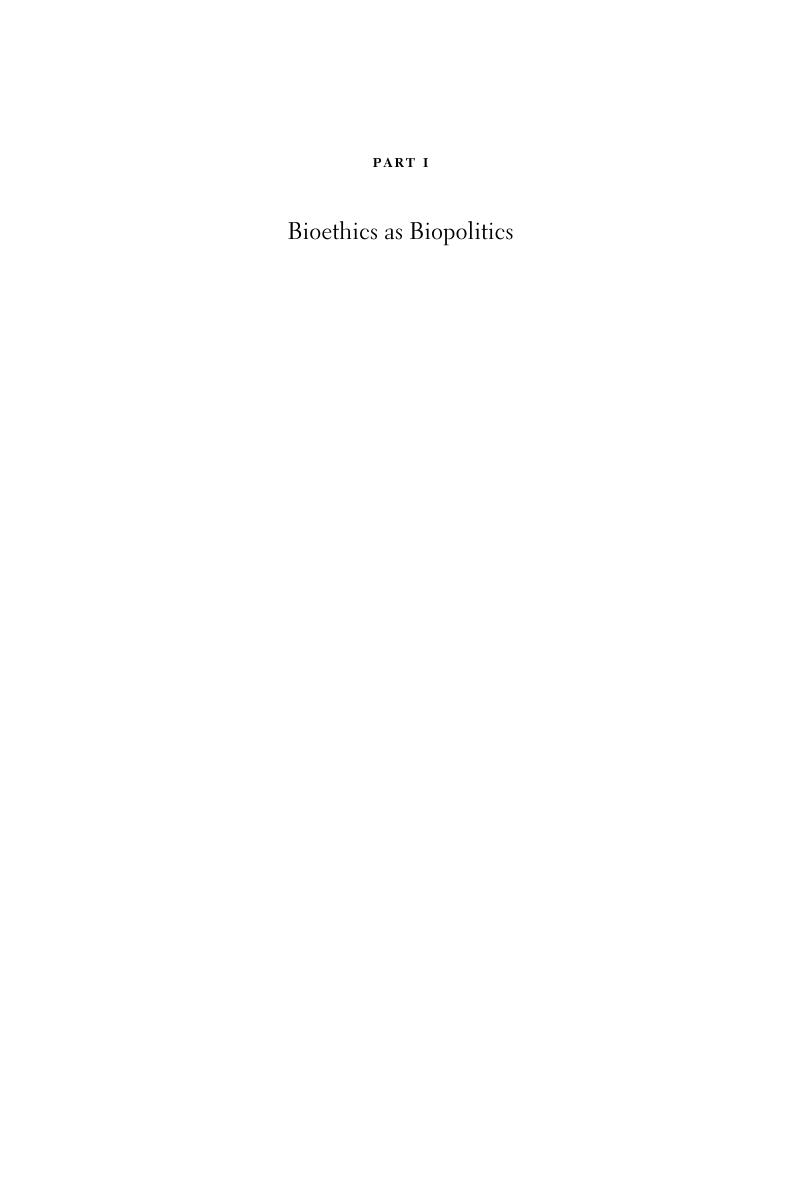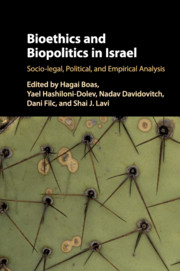Part I - Bioethics as Biopolitics
Published online by Cambridge University Press: 21 December 2017
Summary

- Type
- Chapter
- Information
- Bioethics and Biopolitics in IsraelSocio-legal, Political, and Empirical Analysis, pp. 21 - 116Publisher: Cambridge University PressPrint publication year: 2018



